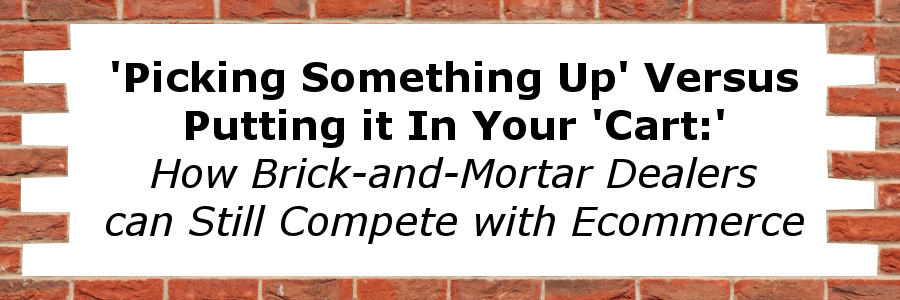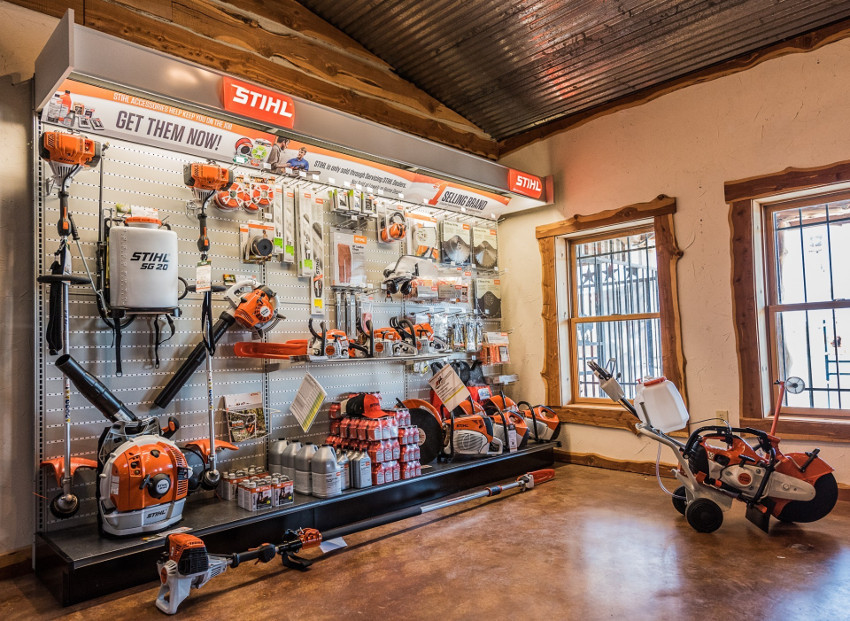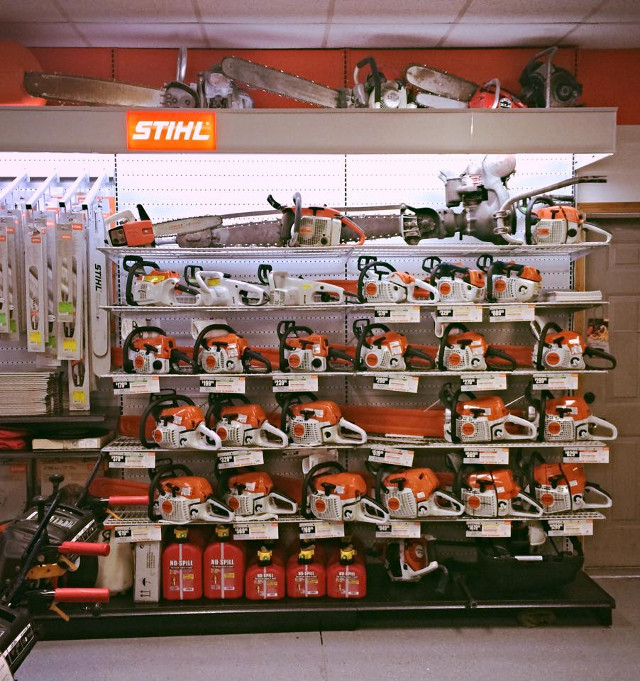How Brick-and-Mortar Retailers Can Still Compete With Ecommerce
by Black Ink Team

Online shopping is unfortunately taking some business away from dealers, especially from the ones who specialize in selling relatively small goods such as gardening equipment and hand tools. But, for manufacturers of larger and more complex consumer durable goods, it will still make sense for them to partner with brick-and-mortar retailers, or in other words forge dealer relationships and create dealer networks, for years to come.
Shopping at a physical location, for larger and more expensive pieces of equipment, is often easier and less risky than shopping for them online is. People interested in buying products such as these generally like seeing the choices they have in person, talking to a product expert about them, and trying them out themselves in a showroom, rather than just looking at pictures and reading dubious online reviews. This works in favor of manufacturers who sell via independent, brick-and-mortar retailers because things like product demos, product placement on shelves, event sales, and store layout can be the tipping point for gaining end users.

In other words, going to a brick-and-mortar store to buy large, complicated items instead of “adding them to their cart” makes a lot of sense for end users, since doing so lets them see the product, test the product, and hear what an expert (the salesperson) has to say about it. Also, some people prefer to shop at physical locations rather than online because they may meet other customers while they are at the store, who have similar needs and may have good advice to give them. If your brand awareness is high enough, maybe they’ll even recommend your product.
Another benefit of brick-and-mortar stores is that they can usually offer much easier and faster repair than the service online retailers can offer. Transporting something heavy, like a lawn mower, a boat, a motorcycle, etc. back to the store where you bought it from is difficult and time-consuming - but it is typically a lot more difficult and time-consuming to have it shipped to and from a distant location, which is most likely what an end user would have to do if they bought it from an online retailer and would be a headache from a customer relationship management perspective.

From beginning to end the customer journey is different when an end user buys a product from a non-ecommerce dealer versus when they buy it online. In some ways, arguably, it can be more rewarding. For shopping online, a customer journey may start like this: an end user researches the product they want, finds a model in their price range, purchases it, and has their product shipped. But it might not stop there. They may decide that they don’t like the product so they may go through a complicated returns process, or it may have a defect, then they might go through a complicated replacement process. When shopping at a physical location, an end user simply must return to the store whenever they have a problem or want to ask questions about their product. Once a potential end user walks through their door, the dealer has an opportunity to begin a relationship with the end user, a relationship that can be beneficial for the end user, the dealer, the distributor, and the manufacturer.
Going online to buy things is simple, but it is not always the best choice. Brick-and-mortar retailers offer shoppers experiences and services that online retailers cannot, namely in-person comparison shopping, expert advice, and walk-in repair. Furthermore, partnering with distributors and dealers lets manufacturers divert certain costs, for example warehousing and training customer-facing staff like sales representatives.
